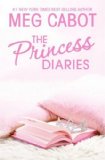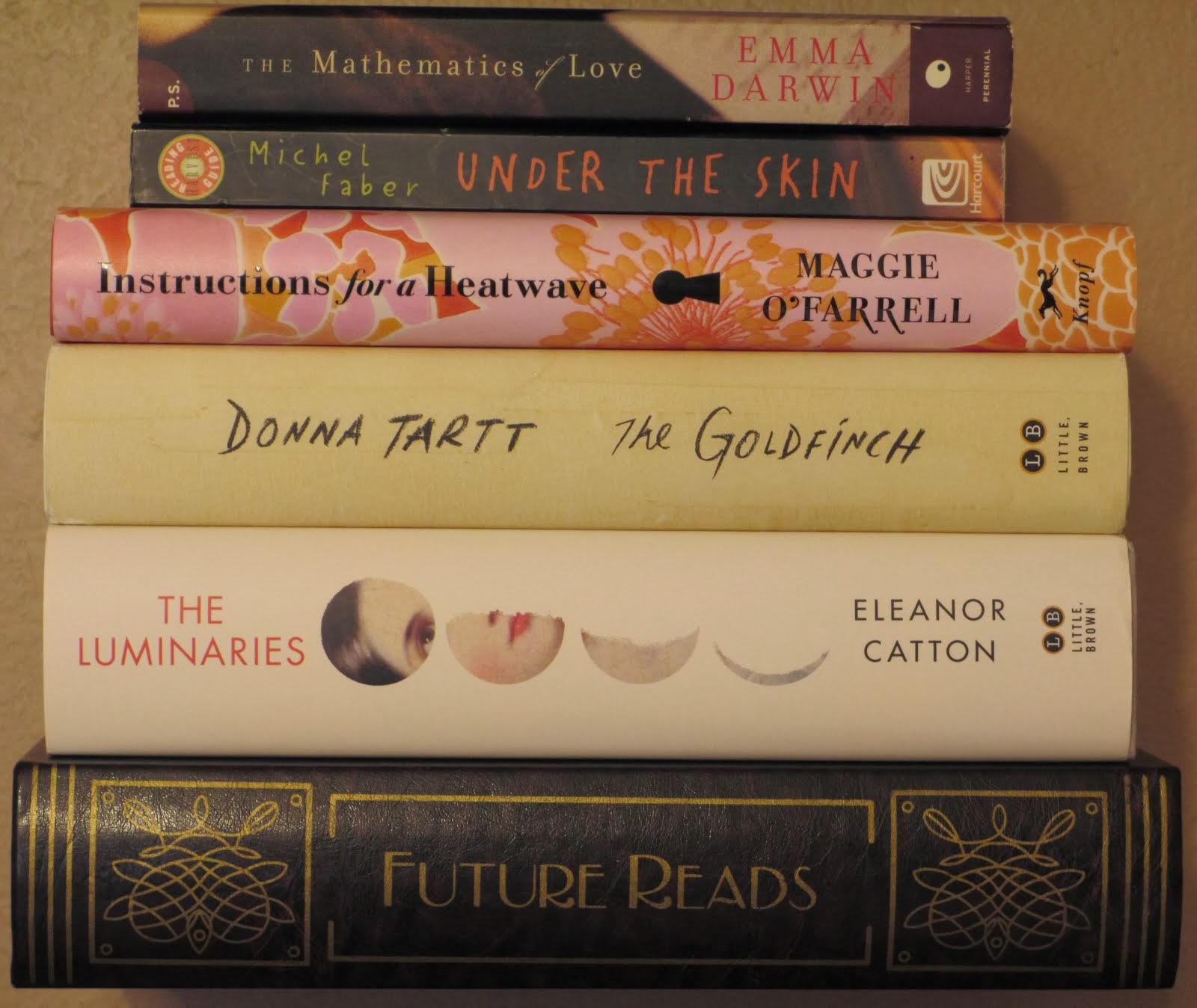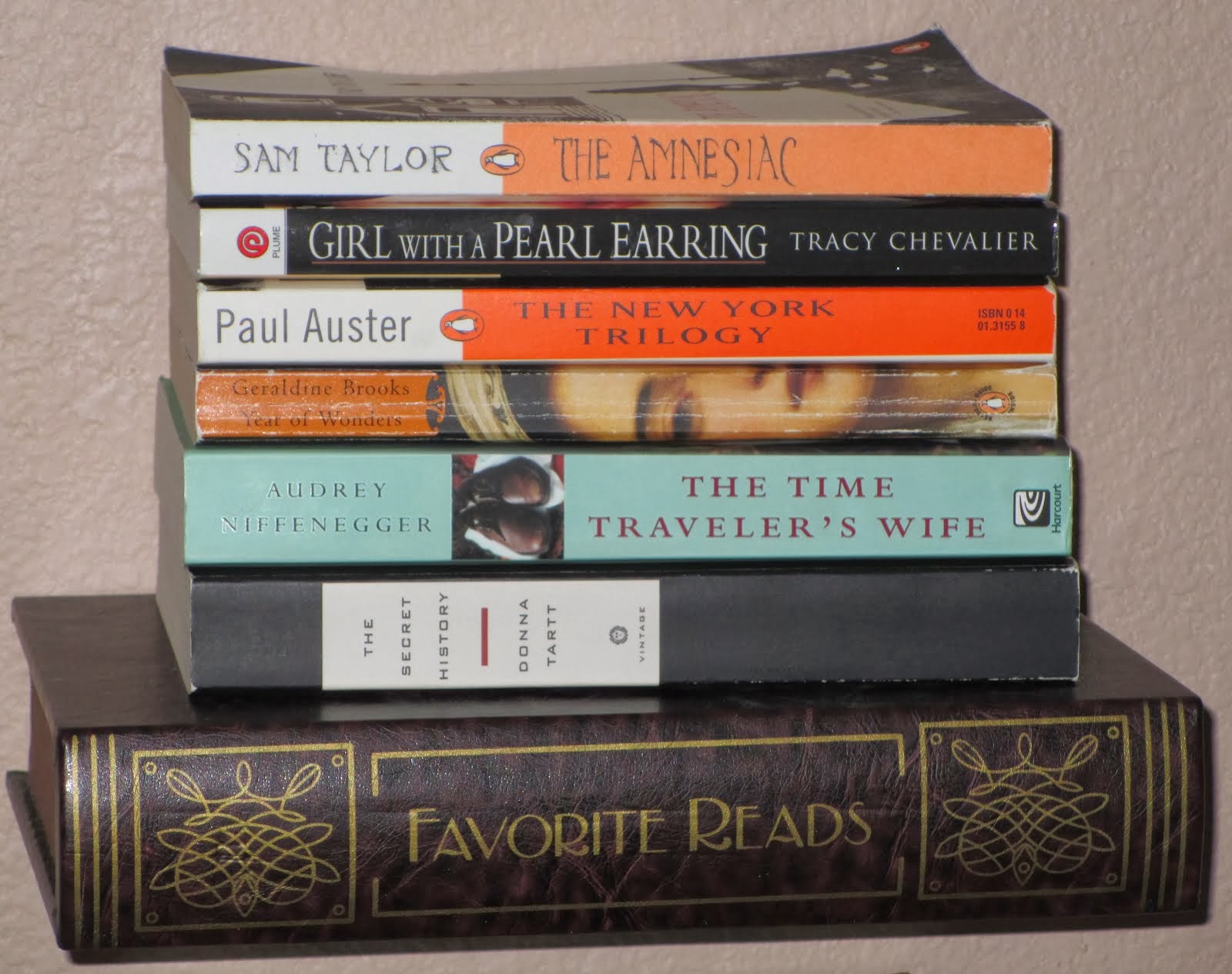The Secret Garden is a fondly-remembered childhood favorite of mine. At my seventh birthday party, I was given two copies as gifts! I know we returned one of the duplicates, although I don't recall what we exchanged it for, but I would have done well to keep both books, tucking one away for the future; the one I kept is now falling to pieces. But my bookworm child has read that tattered copy. I love it when she not only reads my old favorites, but especially when she reads the very same book I read when I was little.
What's not to love about the story of a young girl, raised in India and recently orphaned, who is shuttled off to her distant uncle's mysterious house at the edge of the English moors? Throw in a sad account about the untimely death of her beautiful aunt, some strange noises blamed on the wind, and a friendly, bright-eyed robin, and my seven-year-old attention was captured.
Sadly, this is another one of those stories that may not hold the same fascination for a reader first coming to it as an adult. If you missed out on reading this when you were young, leaving you unable to nostalgically unearth childhood memories during a re-read, maybe you need to put yourself into the mind of a child as you read it? Otherwise you may find it boring, as Renae (from book club) did. (Oh, yes, I just named you, girl.) But as for me, there are a few passages that can even now elicit a thrill when I read them: one of those would be, of course, when Mary first discovers the forgotten garden.
I'm not sure how many times I've read this book, but it's odd (even for a literary amnesiac) that I didn't remember all the prattle about Magic. How could I so vividly remember the first half of the book while what I recalled of the second half was so vague and shadowy? Maybe because the first half is delectable and the second half is kind of crap. Not that I have a problem with magic. Where would Harry Potter or the Pevensies be without it? Maybe it's just Magic-with-a-capital-M that gives me trouble.
Despite a bit of crap, I love to watch Mary's transformation throughout this story. As the book opens, she is a sour, lonely, and quite contrary little girl; bit by bit, she becomes a kind and thoughtful friend, while still retaining her spunky pride and stubbornness. It's no fun--and not especially believable--when a character begins with nothing but rough edges and ends as a perfect angel, but you won't find that annoying mistake here. Mary's polishing leaves her improved but still undeniably human.
I call this another book to give to all the little girls in your life, so they can love it now and in the years to come!
The Darkest Corners – Kara Thomas
5 days ago






















































